Your Cart is Empty
Free Shipping On Orders Over $100
Free Shipping On Orders Over $100
Where is your Brain?
Your brain is amazing. Select your country's website to access the world's best scientifically proven Brainfood.


Food For Thought
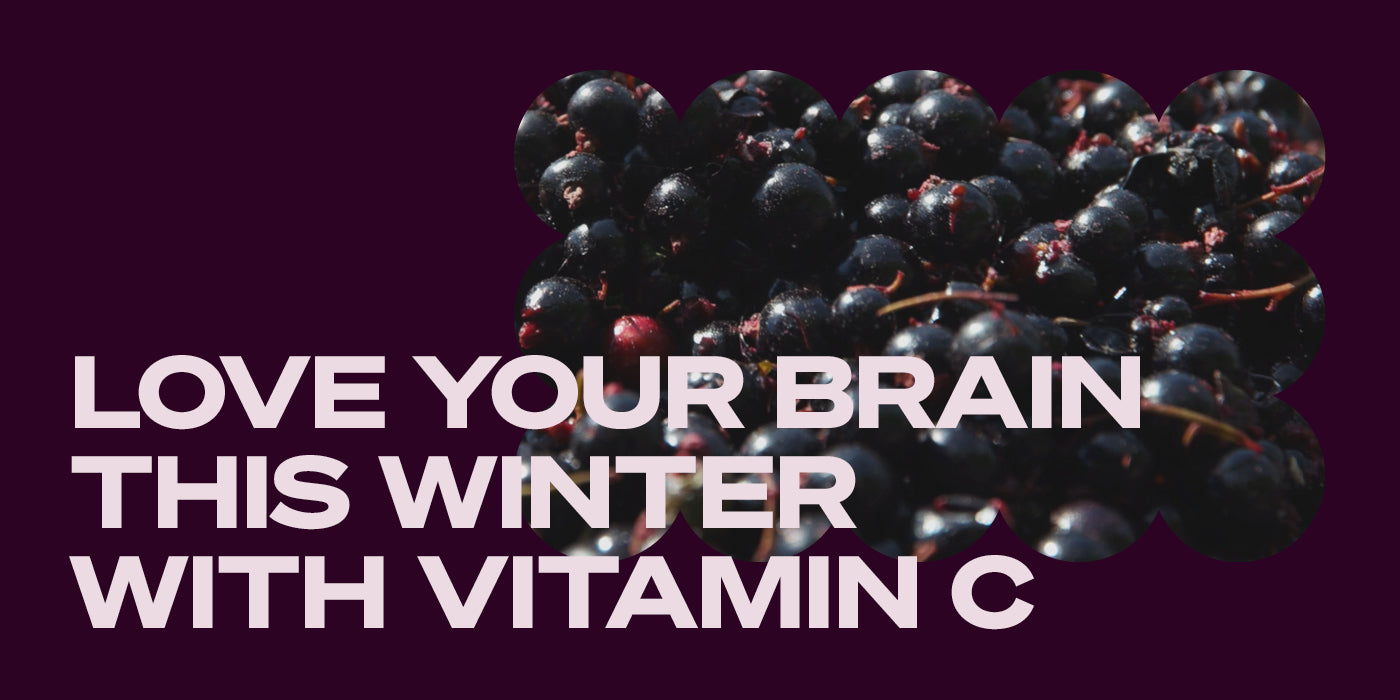
The Importance of Vitamin C and Brain Health
2 min read
We often underestimate the importance of essential nutrients like Vitamin C when it comes to brain health. We delve deeper into what Vitamin C is and how it can benefit our brain.
Read More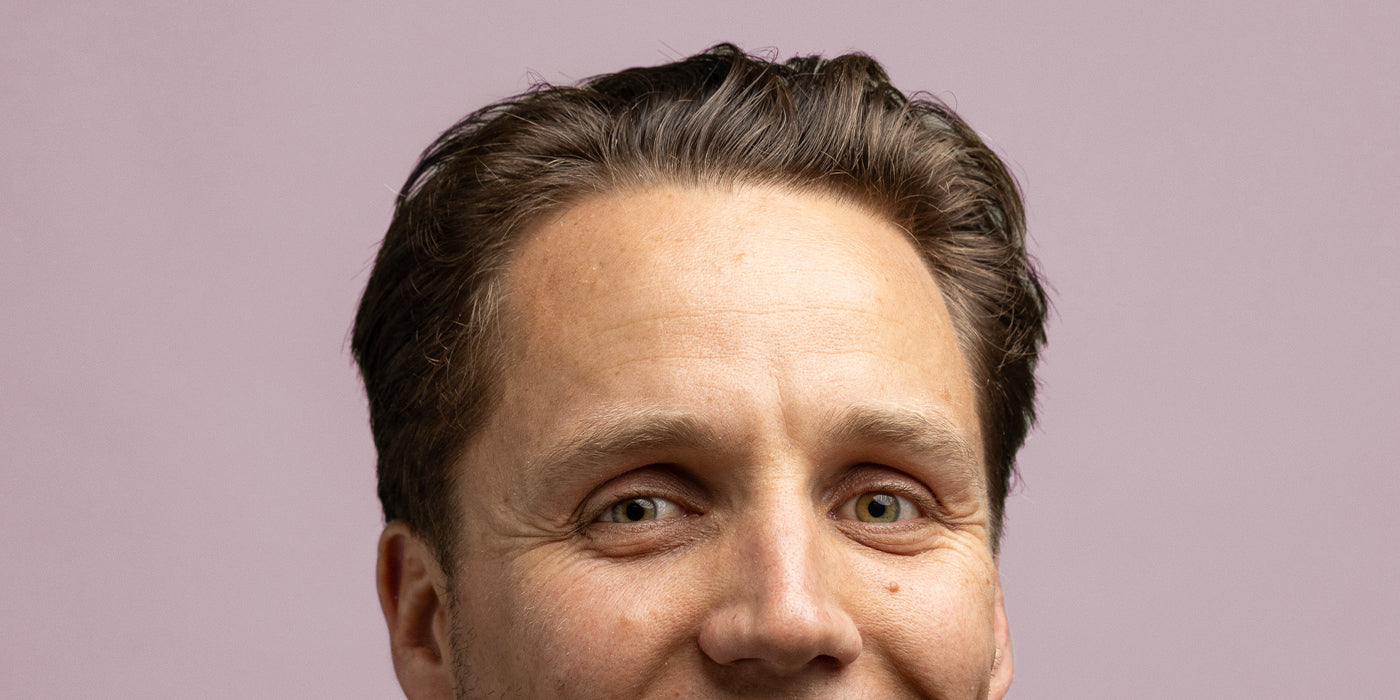
Meet the Team: Jake
1 min read
Eighth off the ranks is our Australian Sales Manager, Jake. When he's not being a Brainfood sales whizz across the ditch, you'll find him running marathons, cooking and spending time with his family.
Read More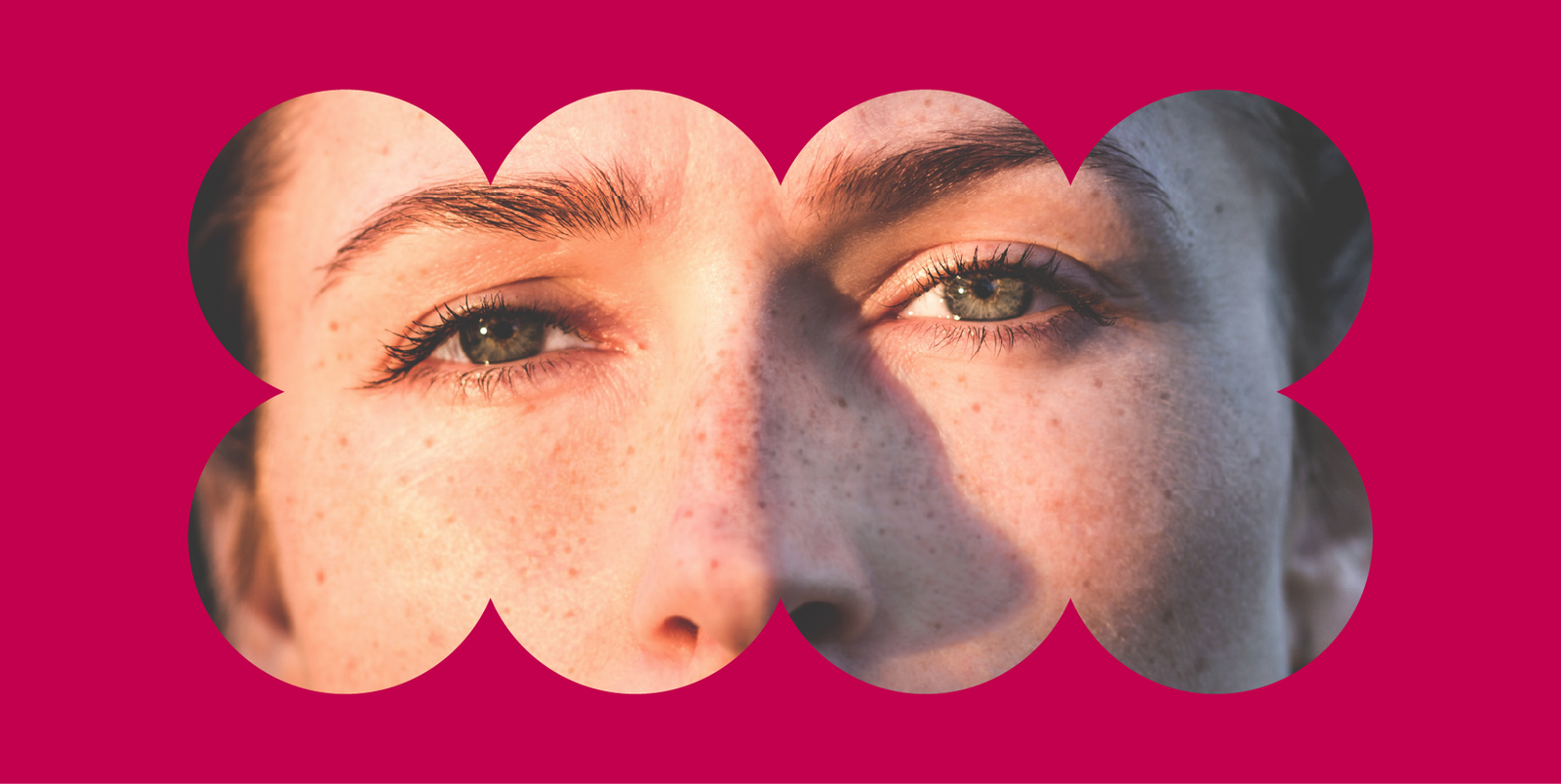
🧠 The (Totally Normal) Habits That Might Be Playing Tug-of-War with Your Brain
3 min read
Looking to improve your brain health? We have a look at what a professor of Neurology has to say around 4 habits all of us do daily that could be damaging our brain and what we can do to stop this.
Read More
What Really Helps Hangovers?
1 min read
Ever wondered what really cures a hangover? We wanted to know what the science says when it comes to bouncing back from having a few too many the night before.
Read More
Meet the Team: Ashleigh
2 min read
Seventh off the ranks is our Junior Designer, Ash. When she's not winning design awards or being a whizz on Photoshop you'll find her at the bouldering gym or playing tunes on her guitar!
Read More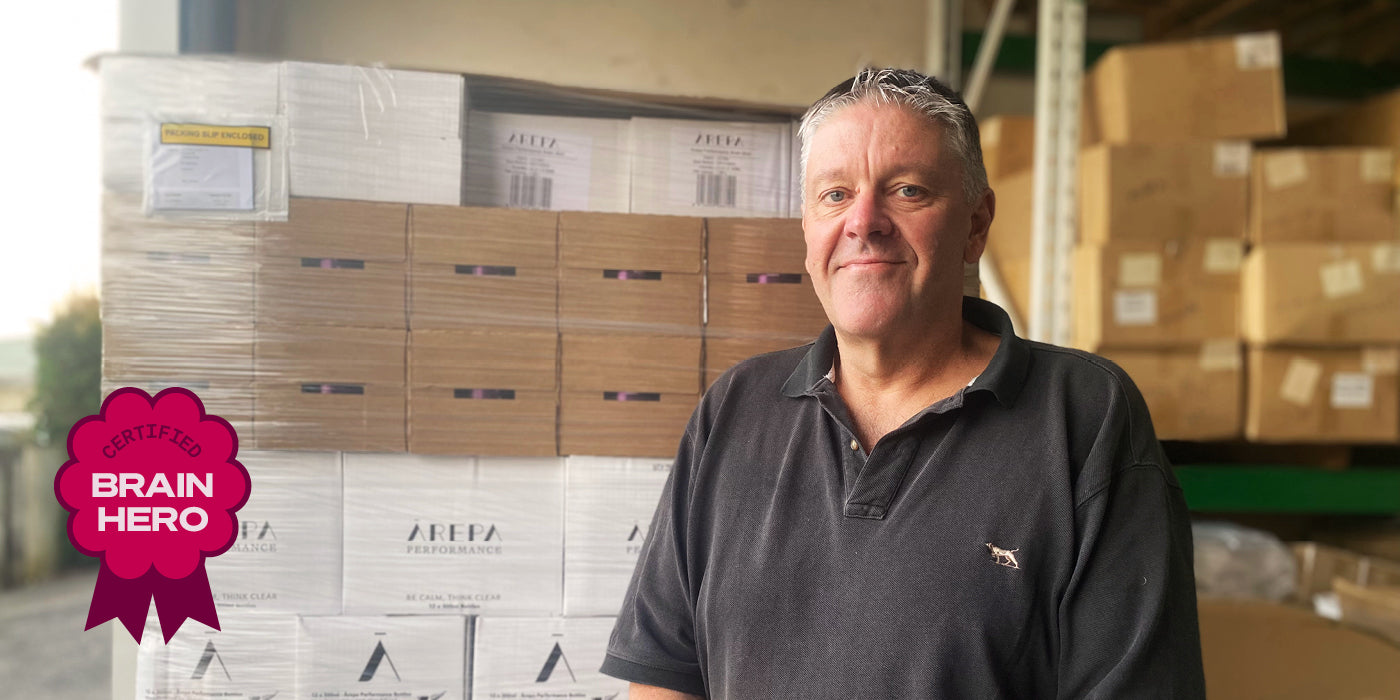
Brain Hero: Wayne Olds
4 min read
Introducing our latest series we like to call our Ārepa Brain Heroes. A Brain Hero is someone that we identify as looking to make a difference in the world, is having a big impact in their industry/category, is an inspirational and epic human being, trying to make the world a better place or simply wanting to better their brain. And next off the list is Wayne Olds.
Read More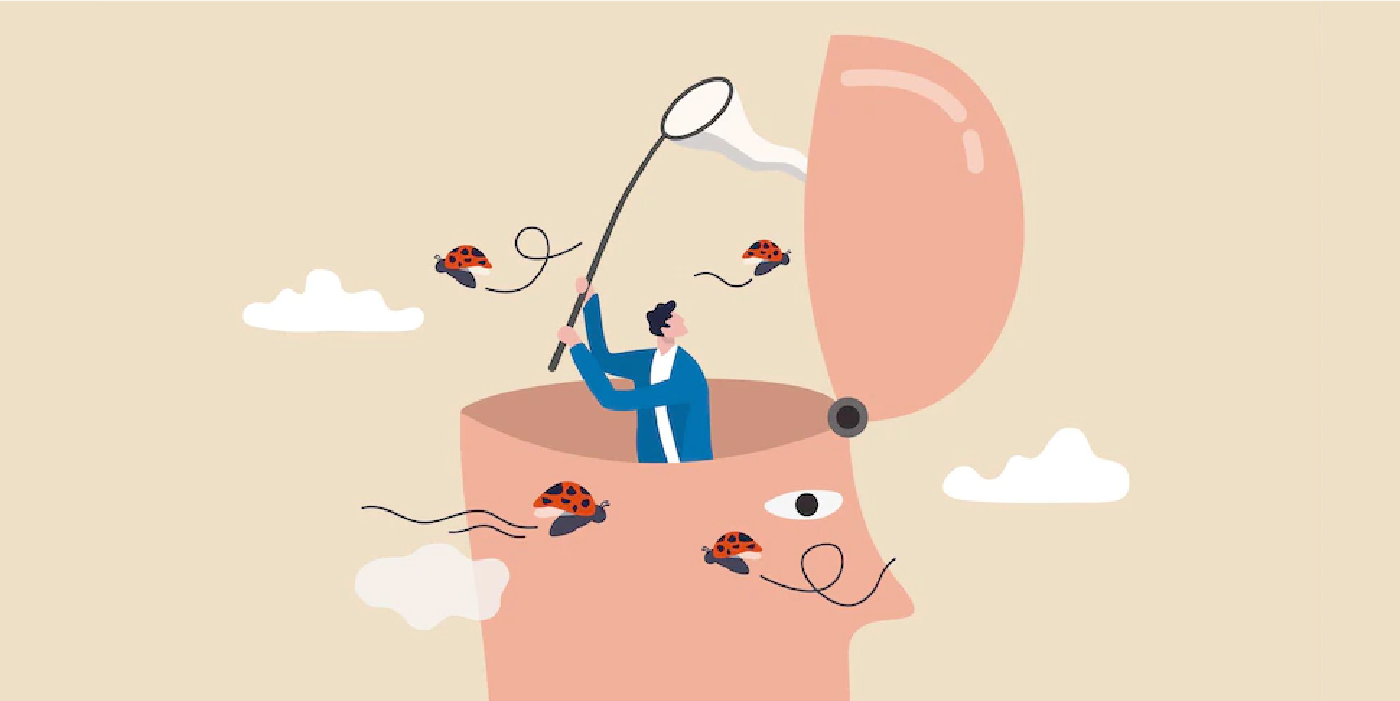
Why Do Our Minds Wander?
6 min read
Everyone knows the feeling. You're trying to concentrate on the task at hand but next minute, you're thinking about what to cook for dinner or where you're going to holiday next. We take a look at what it truly means when our minds wander.
Read More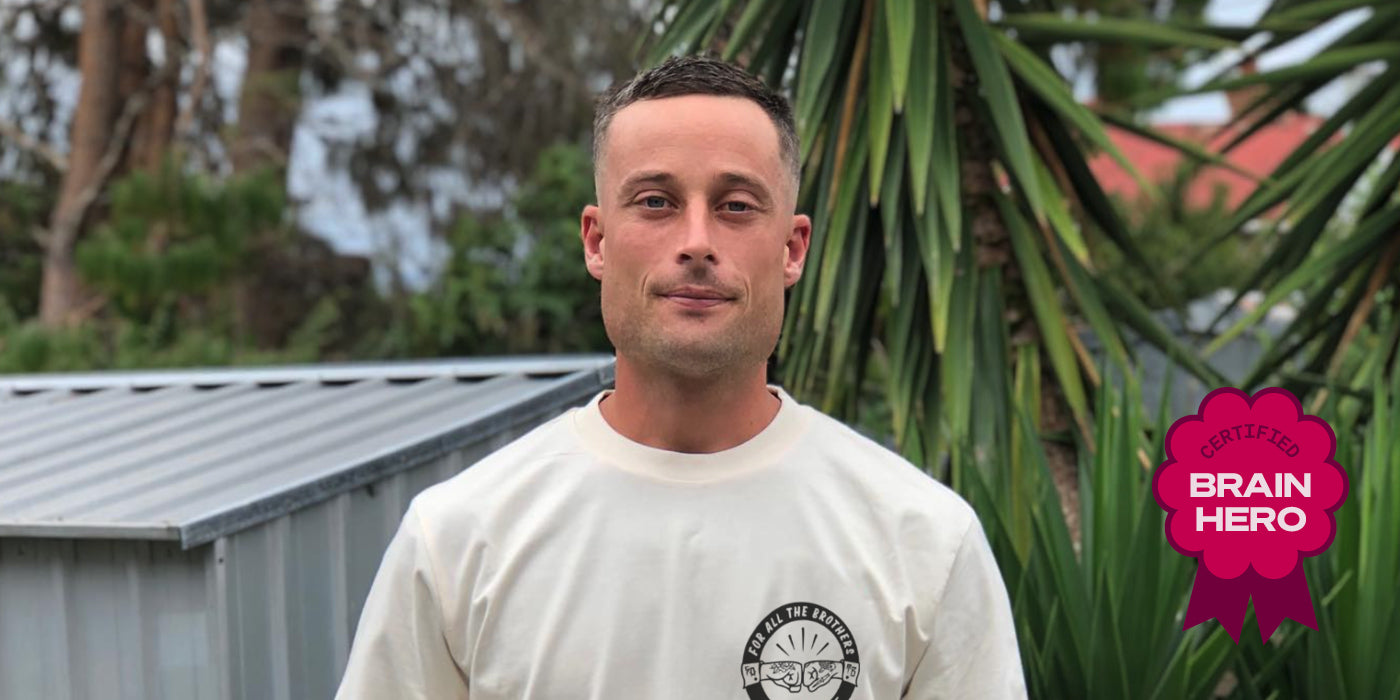
Brain Hero: Zane Munro
5 min read
We are so excited to introduce you to our latest series we like to call our Ārepa Brain Heroes. A Brain Hero is someone that we identify as looking to make a difference in the world, is having a big impact in their industry/category, is an inspirational and epic human being, trying to make the world a better place or simply wanting to better their brain. And next off the list is Zane Munro.
Read More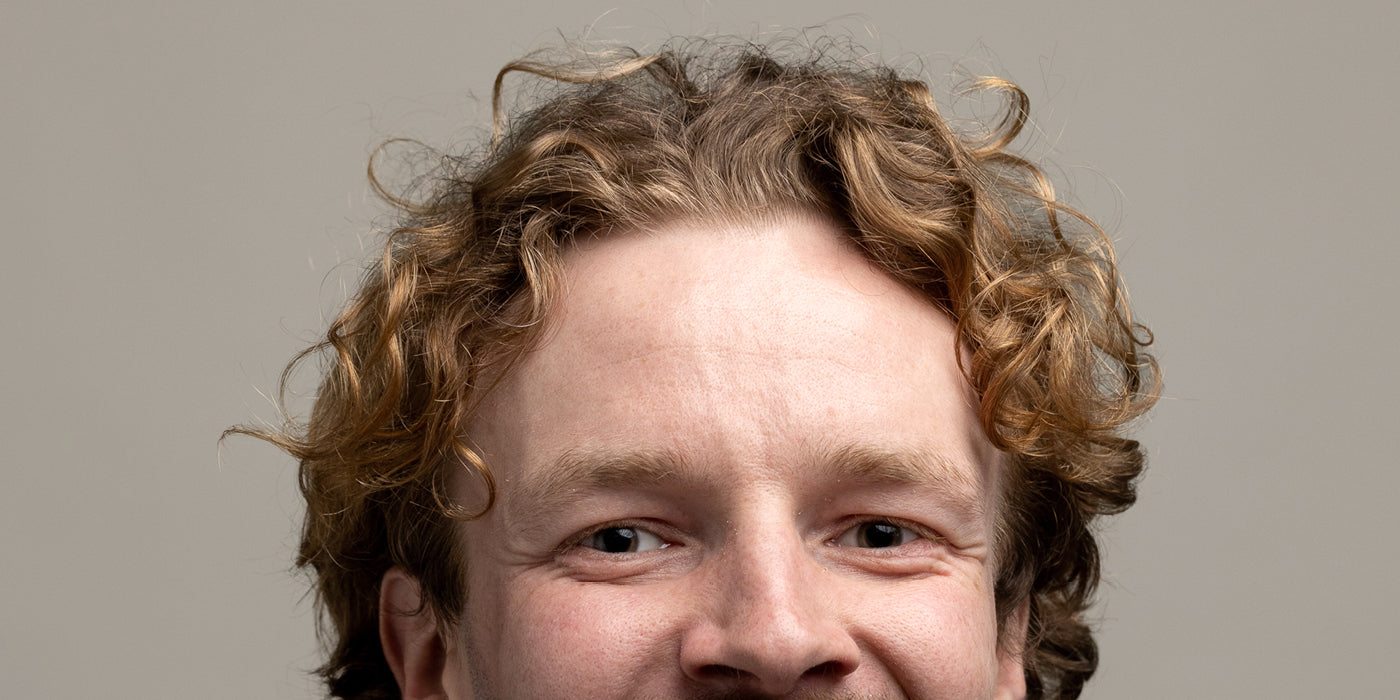
Meet the Team: Campbell
1 min read
Sixth off the ranks is our Finance Manager, Campbell Paton (A.K.A Chief). When he's not crunching the numbers on excel, you'll find him watching anything American sport related or hitting high draws on the golf course ⛳️
Read More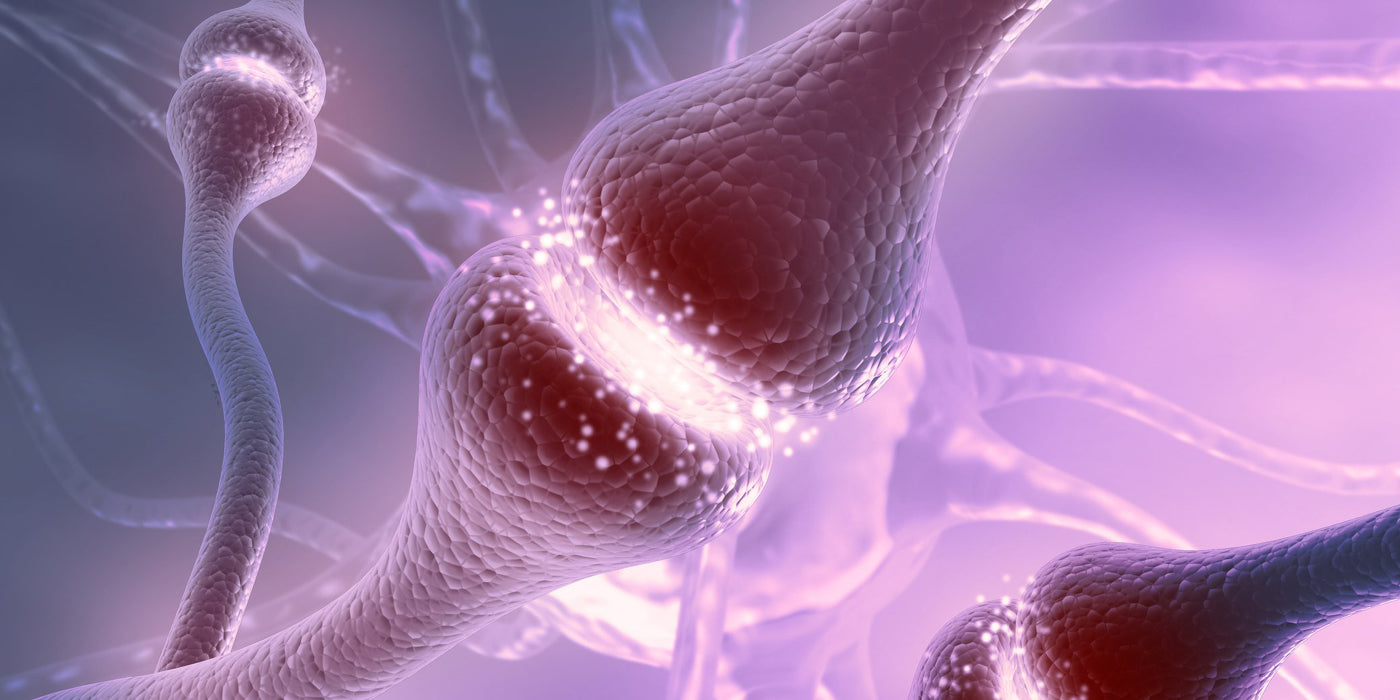
How Our Brains Hold Important Information
5 min read
With everything from a wifi password to the grocery list to remember, our brain works hard constantly to hold information. We take a look at some key findings from MIT neuroscientists who explain how it's all possible.
Read More














